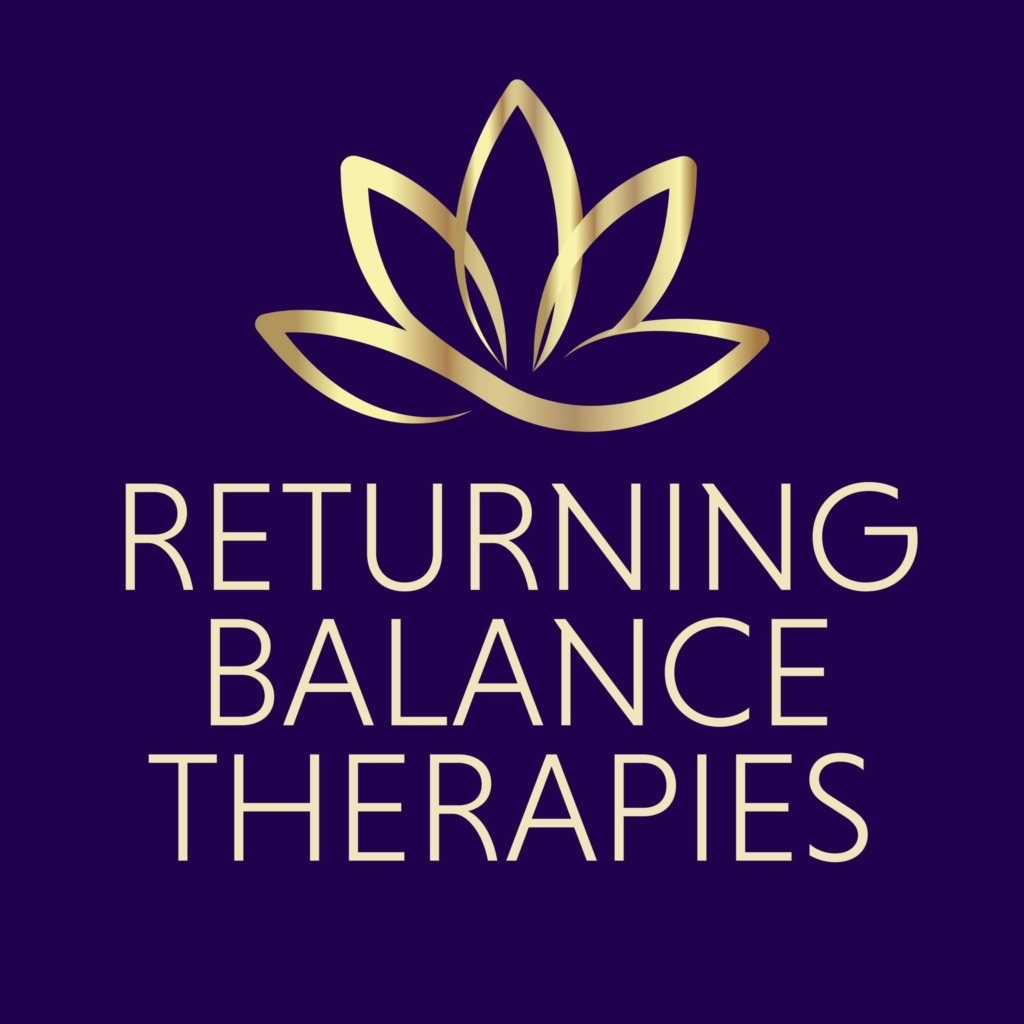Self-Care When You’re Grieving
Learning how to care for yourself when you’re going through grieving can feel challenging especially if you are already overwhelmed with feeling loss or any grief. Adding the holidays on top of it all can magnify these feelings. Some days it can be a challenge to get out of bed.
If you are experiencing grief, it’s essential to give yourself plenty of patience as we all experience different levels of trauma and loss, and we all grieve differently. It’s a very personal process for each of us. Seeking help and guidance is also personal. Luckily there are many different options to choose from and also many ways that we can help ourselves move through it and heal.
The Relationship With Yourself
The most important relationship we have will be with ourselves. Due to our upbringing and the rules of society which tend to place importance on relationships outside of ourselves, and on the needs of another (whether it’s your job, partner, or your children), cultivating a relationship with ourselves can be the most challenging.
and the rules of society which tend to place importance on relationships outside of ourselves, and on the needs of another (whether it’s your job, partner, or your children), cultivating a relationship with ourselves can be the most challenging.
Being willing to know and love ourselves, and to find what truly makes us feel deeply allows us to be more present and we can then lean into what arises. This ‘leaning into’ helps us face our biggest challenges throughout our lives and heal our traumas and woundedness instead of remaining in the cycles of suffering. Accepting how we are feeling is important.
We must also remember that we are not our experiences, and we can give ourselves the time we need to move through our grieving and the challenges we face in life.
A DYI Shift List
First on the list is Breathing. This is something we can all pay more attention to. When we  are feeling grief, or any type of traumatic experience on any level we can begin to breathe very shallowly without even realizing it. Sometimes we can hold our breath as well in between these shallow breaths. When we have shallow breathing we build up levels of CO2. There is a breath technique that was discovered in the ’30s, and then brought back and studied by Jack Fieldman from UCLA and Mark Krasino from Stanford. It’s called the Spontaneous Physiological Sigh. The technique is to take a big breath, then before exhaling, take another breath in, then release it all. So, two breaths in, then release.
are feeling grief, or any type of traumatic experience on any level we can begin to breathe very shallowly without even realizing it. Sometimes we can hold our breath as well in between these shallow breaths. When we have shallow breathing we build up levels of CO2. There is a breath technique that was discovered in the ’30s, and then brought back and studied by Jack Fieldman from UCLA and Mark Krasino from Stanford. It’s called the Spontaneous Physiological Sigh. The technique is to take a big breath, then before exhaling, take another breath in, then release it all. So, two breaths in, then release.
When we are sleeping this Spontaneous Physiological Sigh occurs when are not receiving enough oxygen. Children who are sobbing do this as well as dogs. Andrew Huberman from Stanford (Specializing in Neuro Science and Eyes (Huberman also has his own YouTube Channel and reports on this breath work), explains that when we do this breath technique it offloads the CO2 all at once and we feel relief from anxiety and stress. You can also check out his full interview on YouTube to learn more.
Paying More Attention to Your Physical Needs. We can forget about what is going on physically when we are grieving. While it may feel like an impossible task, make a list  of what you can do to help yourself and put these things in your schedule. Getting exercise, taking walks, eating a healthy meal, scheduling a massage, making sure you get enough sleep, as well as taking the time to relax, meditate, journal, or perhaps listen to soothing music. Make a note and stick it on the fridge or mirror to remind you to Breathe. All of these things will improve our outlook on life and better equip us to face our grief. Paying attention to what is happening to your physical body is important. Be sure to tell your doctor or your therapist that you have experienced a loss or trauma so they can be aware and assist you in your healing process.
of what you can do to help yourself and put these things in your schedule. Getting exercise, taking walks, eating a healthy meal, scheduling a massage, making sure you get enough sleep, as well as taking the time to relax, meditate, journal, or perhaps listen to soothing music. Make a note and stick it on the fridge or mirror to remind you to Breathe. All of these things will improve our outlook on life and better equip us to face our grief. Paying attention to what is happening to your physical body is important. Be sure to tell your doctor or your therapist that you have experienced a loss or trauma so they can be aware and assist you in your healing process.
Accepting the Help and Support From Others.
When we are suffering it requires an immense amount of energy. While we feel like we can deal with things ourselves, when we are grieving it is important to ask for help from those close to you and those you trust. Connect with people you know and who are part of your support system and only share your story with them. While we have many people who do care about us, many have no idea what to say or do. And that’s OK! Be selective about who you share with.
Professional Guidance and Support While Grieving
There are many modalities to select from that can aid you in your healing process.  This could be in the form of a Trigger Point Release Massage to clear energies you are holding in your physical tissues or a more gentle Sweedish Massage that can touch not only your body but your soul. A transpersonal psychologist where you can talk and discover the reflections you need to see to understand a different perspective, Energy Healing Modalities (such as Reiki, Healing Touch, and many others), as well as something as nurturing as a facial while relaxing on heated pads. You will know where to go. Allow yourself to be guided to make an appointment with those you trust. They are there to help you, even if it is simply holding the space for you to express yourself or simply allowing yourself to receive love from another who cares.
This could be in the form of a Trigger Point Release Massage to clear energies you are holding in your physical tissues or a more gentle Sweedish Massage that can touch not only your body but your soul. A transpersonal psychologist where you can talk and discover the reflections you need to see to understand a different perspective, Energy Healing Modalities (such as Reiki, Healing Touch, and many others), as well as something as nurturing as a facial while relaxing on heated pads. You will know where to go. Allow yourself to be guided to make an appointment with those you trust. They are there to help you, even if it is simply holding the space for you to express yourself or simply allowing yourself to receive love from another who cares.

